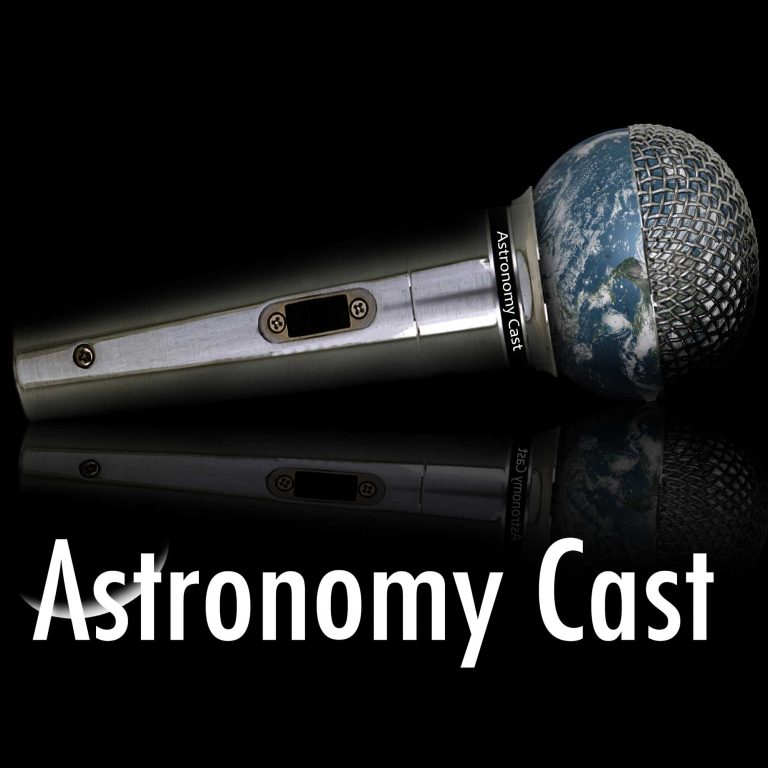Podcast: Play in new window | Download | Embed
Subscribe: RSS
Why was there a difference between the amount of matter and antimatter at the beginning of the Universe? Mathematics lets us travel faster than light speed, so why can’t we? And are there stars forming around black holes?
If you’ve got a question for the Astronomy Cast …










